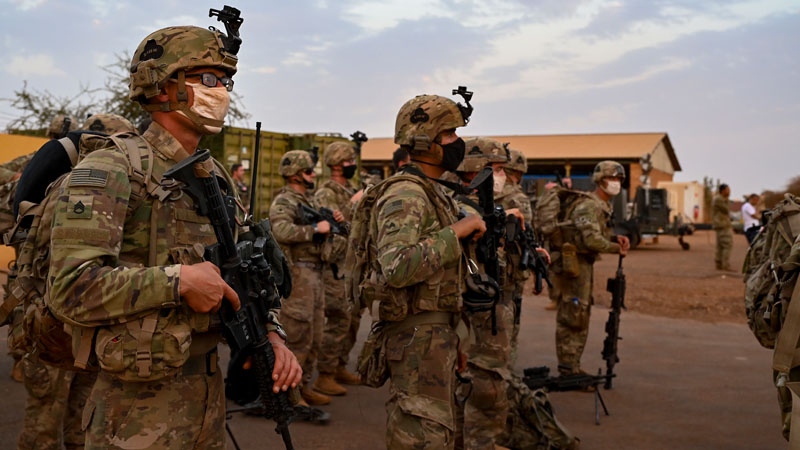A recent speech delivered by President Donald Trump at Fort Bragg has come under intense scrutiny following revelations that the event was carefully staged, with soldiers selected based on political alignment and physical appearance.
According to a detailed report by Military.com, internal communications from the 82nd Airborne Division show that Army officials managed nearly every aspect of Trump’s appearance, including which troops were allowed in the audience. Among the criteria for attendance are loyalty to the administration and physical fitness.
“Internal 82nd Airborne Division communications reviewed by Military.com reveal a tightly orchestrated effort to curate the optics of Trump’s recent visit, including handpicking soldiers for the audience based on political leanings and physical appearance,” the report stated.
One message obtained by the outlet instructed units, “No fat soldiers,” while another explicitly addressed political bias, saying, “If soldiers have political views that are in opposition to the current administration and they don’t want to be in the audience then they need to speak with their leadership and get swapped out.”

A commander, who asked to remain anonymous, criticized the planning, saying, “This has been a bad week for the Army for anyone who cares about us being a neutral institution. This was shameful. I don’t expect anything to come out of it, but I hope maybe we can learn from it long term.”
During the event, Trump denounced California, which had deployed the National Guard and Marines to help quell protests against mass deportations. He encouraged the assembled troops to boo the protesters as well as members of the media, stirring controversy for using active-duty service members in what many perceived as a partisan spectacle.
The public airing of such a heavily staged and politically charged event has sparked widespread criticism, particularly over the apparent violation of military protocol that prohibits the politicization of active-duty personnel. Federal regulations and military ethics guidelines prohibit service members from participating in political activities while in uniform or on duty — a rule designed to protect the military’s apolitical standing.
Critics argue that the Fort Bragg speech may have undermined those longstanding norms, blurring the lines between politics and military service. As the fallout continues, there is growing concern among defense officials and the public alike about preserving the military’s role as a neutral institution, especially during times of heightened political tension.

